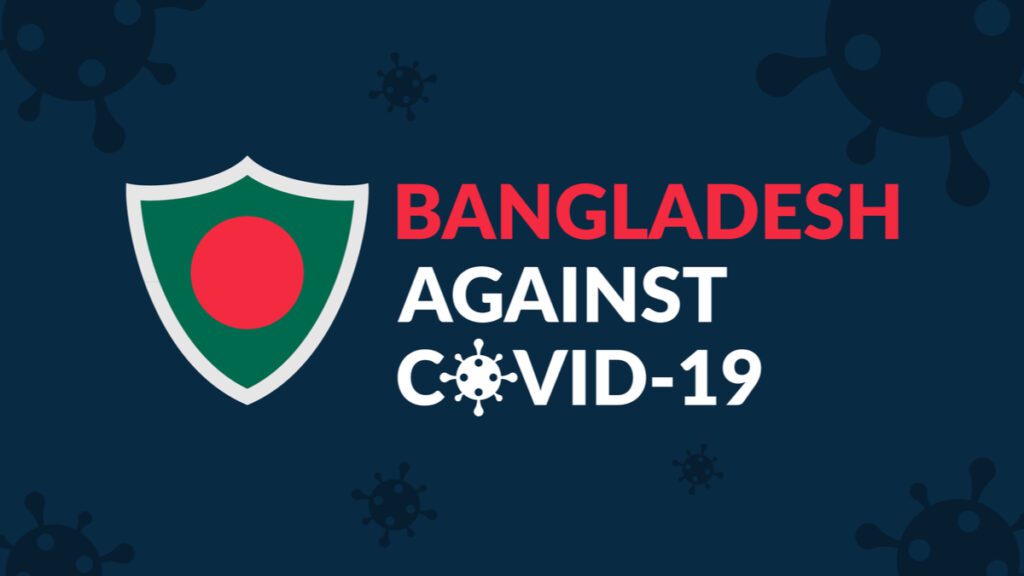
As the pandemic pushes on, we find ourselves using different means to innovate, adapt, and utilize various tools. Salma Akhter, a member of the agricultural cooperative in northern Bangladesh has been using digital technology to run a ‘virtual call center’ in her sub-district and is aiding in connecting rural farmers with buyers and suppliers.
Farmer members will usually call Salma on her mobile and place orders for fertilizers and seeds to sell their various produce. After that, single-person vans transport the aggregated goods and payments are made online through mobile transfers, which helps in reducing coronavirus transmission.
This innovative solution is a demonstration of how rural farming communities are utilizing digital technology to tackle challenges in times of a crisis.
The pandemic in Bangladesh has greatly impacted food supply chains, mainly in rural and unorganized sectors of Bangladesh. Furthermore, the lockdown impacted food accessibility, jobs, farmer income and agricultural input supplies. All these factors have made farmers desperate to sell their produce, especially the perishables.
This is where the Producer Organizations (POs) come into play. Created as part of the Global Agriculture and Food Security Program’s Missing Middle Initiative the POs are supervised by the Food and Agricultural Organization (FAO).
The POs launched with 57 ‘Virtual Call Centers’ (VCCs) in eight different high-poverty districts and are aimed at directly supporting farmer members. By embracing digital technology, the POs established an ecosystem that links farmers with input suppliers and off takers, all while complying with social distancing standards. Each of the VCCs mentioned are operated by a volunteer like Salma and use the database to facilitate the purchase of agricultural inputs and services and the sale of produce.
The POs work together with local authorities to ensure the uninterrupted transport of produce during the lockdown. Simple accounting measures and transparent governance have been put in place. In addition to using mobile transfers such as Rocket, Nagad and bKash to avoid paper currency transactions, the POs also use Facebook and Messenger for sharing information and transaction records daily along with Zoom to organize virtual meetings.